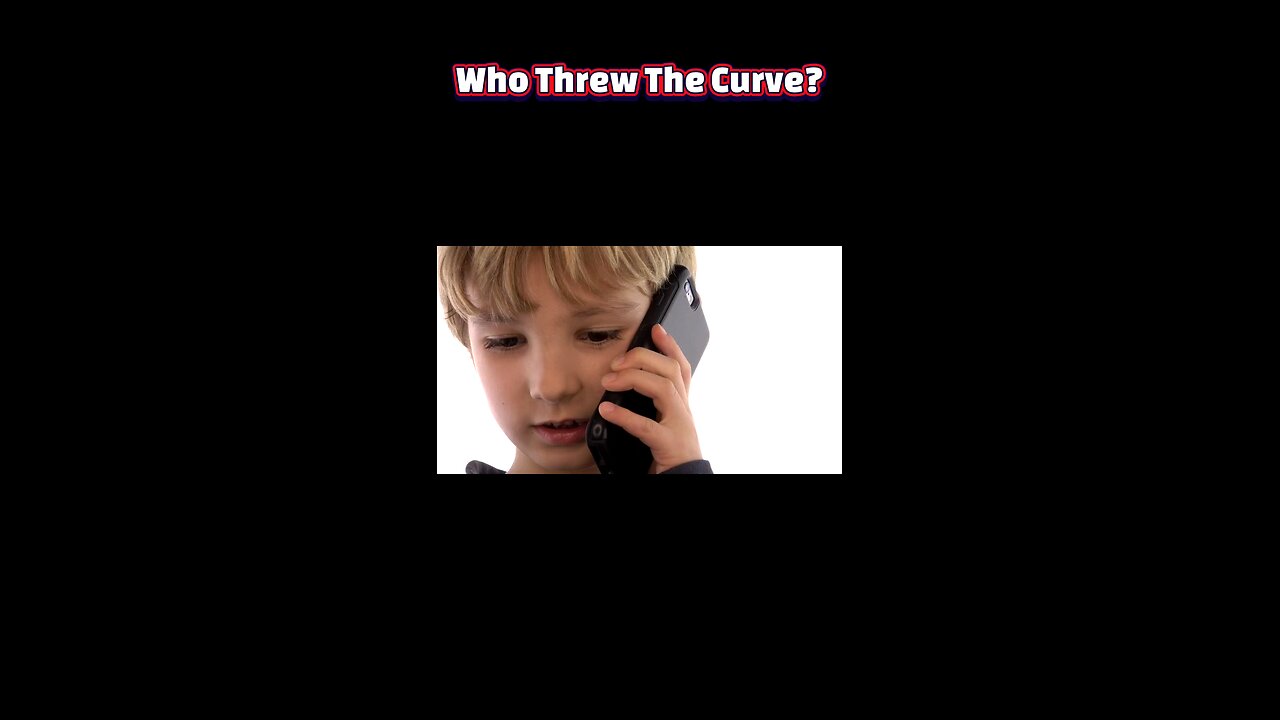Premium Only Content

Think Twice: Horrifying Effects of Early Smartphones on Kids
#EarlyPhoneRisks #SmartphoneShock #ChildDevelopment #ScreenTimeWarning #ParentingHacks #DigitalWellness #newvideo #new #fyp
In today’s hyperconnected world, handing a child a smartphone feels almost inevitable. Parents often see these devices as educational tools or simple babysitters. Yet, a newly published study raises urgent red flags about this common practice. The data suggests that introducing phones too early isn’t just harmless, it may actively harm children’s developing minds.
This revelation demands a closer look at how early screen exposure reshapes young lives.
Study Overview
Researchers followed over 2,500 children from ages six to twelve, tracking screen habits alongside behavioral and cognitive assessments. Half of the participants received personal smartphones before age eight, while the rest did not. Families logged daily screen time, and independent evaluators conducted regular tests on attention span, emotional regulation, and social interaction skills. By isolating early phone exposure, the team could pinpoint its unique impacts apart from general screen use.
Horrifying Findings
Children who owned smartphones before age eight were twice as likely to exhibit chronic anxiety symptoms by age ten. Their attention spans shortened dramatically, some could barely focus on a single task for more than five minutes. Socially, these kids reported feeling lonelier and less confident in face-to-face conversations. Even more unsettling, brain imaging revealed delayed development in regions tied to impulse control and empathy, suggesting that the device itself may disrupt neural wiring.
Long-Term Consequences
The cascading effects of early phone ownership extend into academics and relationships. Teachers noted that affected students struggled with sustained projects and group work, often retreating to solitary screen time during breaks. Peer bonds weakened, as digital interactions replaced playground games. As these children reached adolescence, the study found elevated risks of depression, sleep disorders, and digital addiction, painting a stark picture of what lies ahead if behaviors don’t change.
In the End
This alarming research underscores the need for a cultural shift: smartphones should be tools, not childhood rites of passage. Parents and policymakers must collaborate on clear guidelines for introducing devices, emphasizing age-appropriate limits and supervised use. Without decisive action, we risk a generation whose emotional and cognitive development is irrevocably compromised by screens. The horror uncovered by this paper is our wake-up call to protect young minds before it’s too late.
-
 LIVE
LIVE
Kim Iversen
1 hour agoSpotify Bans Nick Fuentes — But the Shift Can’t Be Stopped
1,357 watching -
 LIVE
LIVE
Robert Gouveia
1 hour ago🚨 John Bolton INDICTED!! Antifa Terrorists ARRESTED!! Shutdown Firings FIGHT!
1,011 watching -
 2:21:57
2:21:57
MattMorseTV
4 hours ago $60.07 earned🔴Trump's EMERGENCY Oval Office ANNOUNCEMENT.🔴
99.4K59 -
 1:08:13
1:08:13
Michael Franzese
2 hours agoEric Trump and Michael Franzese: When The Government Attacks Your Family (Exclusive Sitdown)
15.9K6 -
 1:20:43
1:20:43
vivafrei
4 hours agoLive with Shawn Farash! Trump Impersonator and Conservative Activist! Viva Frei Interviews!
108K37 -
 1:43:44
1:43:44
The Quartering
4 hours agoFat Acceptance Is So Over, Church Attendance Surges, Tim Pool Water, D&D Is Full Woke Trash!
118K25 -
 LIVE
LIVE
LFA TV
20 hours agoBREAKING: JOHN BOLTON INDICTED! | THURSDAY 10/16/25
1,236 watching -
 LIVE
LIVE
freecastle
6 hours agoTAKE UP YOUR CROSS- Don't be deceived: God isn't mocked, for whatever one sows, will he also reap!
135 watching -
 1:10:28
1:10:28
The White House
3 hours agoPresident Trump Makes an Announcement, Oct. 16, 2025
30.9K32 -
 3:49:52
3:49:52
Right Side Broadcasting Network
7 hours agoLIVE: President Trump Makes an Announcement - 10/16/25
110K32